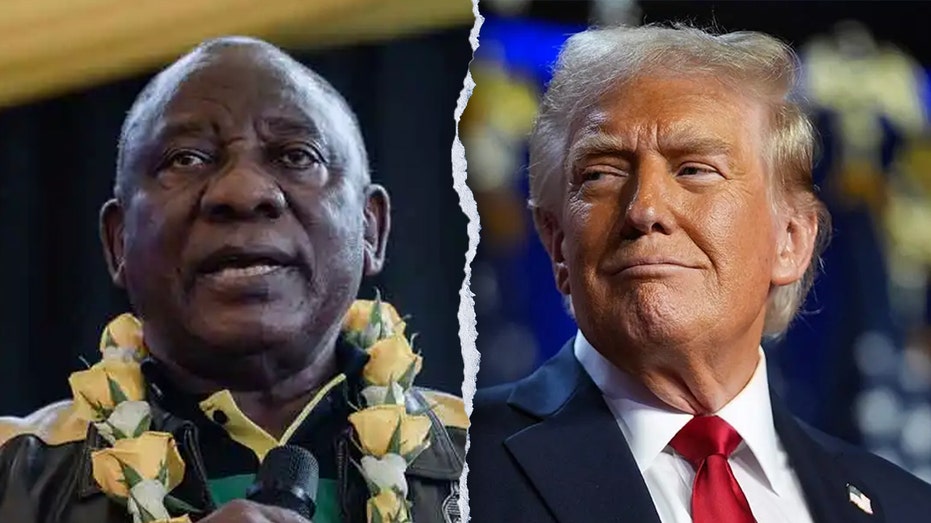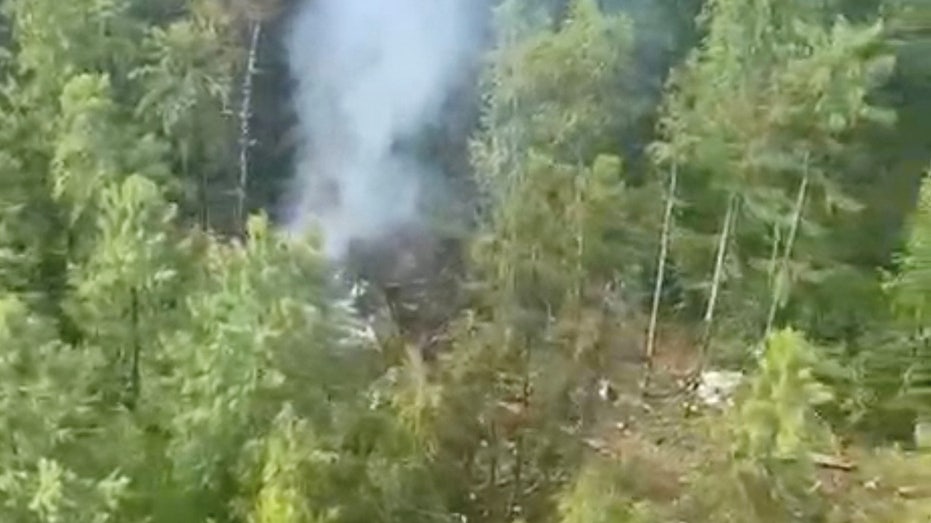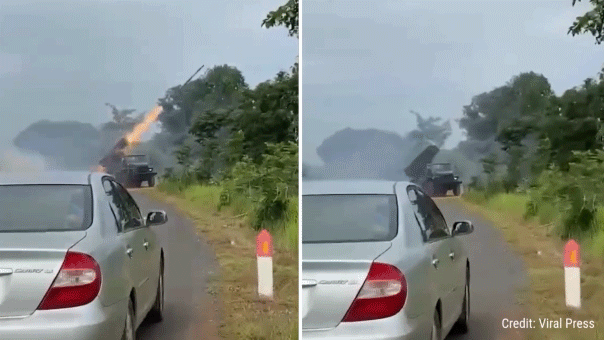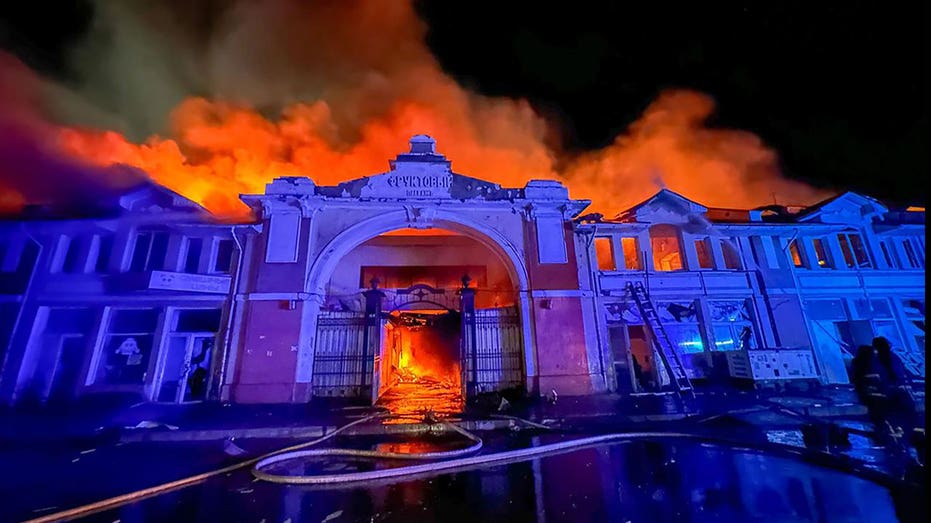Trump Administration Pushes for Afrikaner Refugee Resettlement Amid South African Tensions

Sarah Johnson
April 18, 2025
Brief
The Trump administration reviews refugee resettlement requests from South African Afrikaners, highlighting alleged land seizures and violence, while advocacy groups seek U.S. recognition and support.
The Trump administration is taking steps to open a new chapter in U.S.-South Africa relations, focusing on the resettlement of Afrikaners, a white minority group descended mostly from Dutch settlers, as refugees in the United States.
President Trump, never one to mince words, again publicly criticized the South African government for its treatment of white farmers, specifically referencing alleged land seizures and violence. Posting on his Truth Social platform, Trump accused South African authorities of "taking the land of white Farmers, and then killing them and their families." That statement alone guaranteed heated debate on both sides of the Atlantic—and, predictably, lit up social media like a Fourth of July sky.
The U.S. State Department confirmed it is now actively reviewing requests from South Africans interested in refugee resettlement, reaching out to some individuals to conduct interviews. While there's been no official tally released, the South African Chamber of Commerce in the U.S. claims over 67,000 South Africans have shown interest in the offer. That's quite the line at the door—not something you see every day for U.S. refugee programs.
Advocacy groups have wasted no time hopping on transatlantic flights to Washington, lobbying for both humanitarian support and political recognition. AfriForum, a political group credited with alerting President Trump to the Afrikaner plight, led the charge, followed by the Cape Independence Advocacy Group, which wants Cape Town and its surrounds to become a separate state. But the Orania Movement's visit to D.C. might be the most attention-grabbing. Orania, a small settlement of about 3,000 Afrikaners in South Africa’s Karoo region, is asking the U.S. not for immigration assistance, but for support in becoming an autonomous community in Africa. Their CEO, Joost Strydom, told Washington insiders, "Help us here," clarifying that what they want is recognition, not a ticket out.
Founded in 1988, Orania is a growing, self-sufficient enclave—some might say it’s a modern-day social experiment—with its own schools, college, and even plans for a university. The settlement boasts water purification, solar power, and successful farming ventures, making it an oasis in one of the driest parts of South Africa. Strydom emphasized that Afrikaners "are a people of Africa, we belong here," noting his own family’s centuries-old roots in the region.
The South African government, for its part, is not amused. Presidency spokesperson Vincent Magwenya was quick to point out these groups do not represent the majority of South Africans, dismissing Orania, AfriForum, and the Cape Independence Advocacy as fringe movements. Still, the Trump administration has doubled down, with officials stating that the President has taken steps "to hold the government of South Africa accountable for the violation of Afrikaner rights" and is prioritizing humanitarian relief for those facing alleged racial discrimination.
Some Afrikaners, like Hanli Pieters of Orania’s college, say they have no intention of leaving. "I choose to live in Orania because it offers what so few places can—a safe and purposeful future for Afrikaners." She described the community as a place where Afrikaner identity is not just preserved, but thrives.
Fox News reportedly reached out to the South African government for comment, but there was no reply by publication time. No surprise there—this issue is a diplomatic powder keg, and it’s not likely to fizzle out anytime soon.
Topics
Editor's Comments
If there were frequent flyer miles for lobbying trips to D.C., some of these South African advocacy groups would be platinum by now. But on a serious note, the scramble for U.S. attention highlights just how complicated and emotional land and identity politics remain in South Africa. It’s wild to think that in 2025, the idea of a self-governing enclave like Orania is not only alive, but growing—and now knocking on the White House door for a little recognition. History sure loves a twist.
Like this article? Share it with your friends!
If you find this article interesting, feel free to share it with your friends!
Thank you for your support! Sharing is the greatest encouragement for us.



